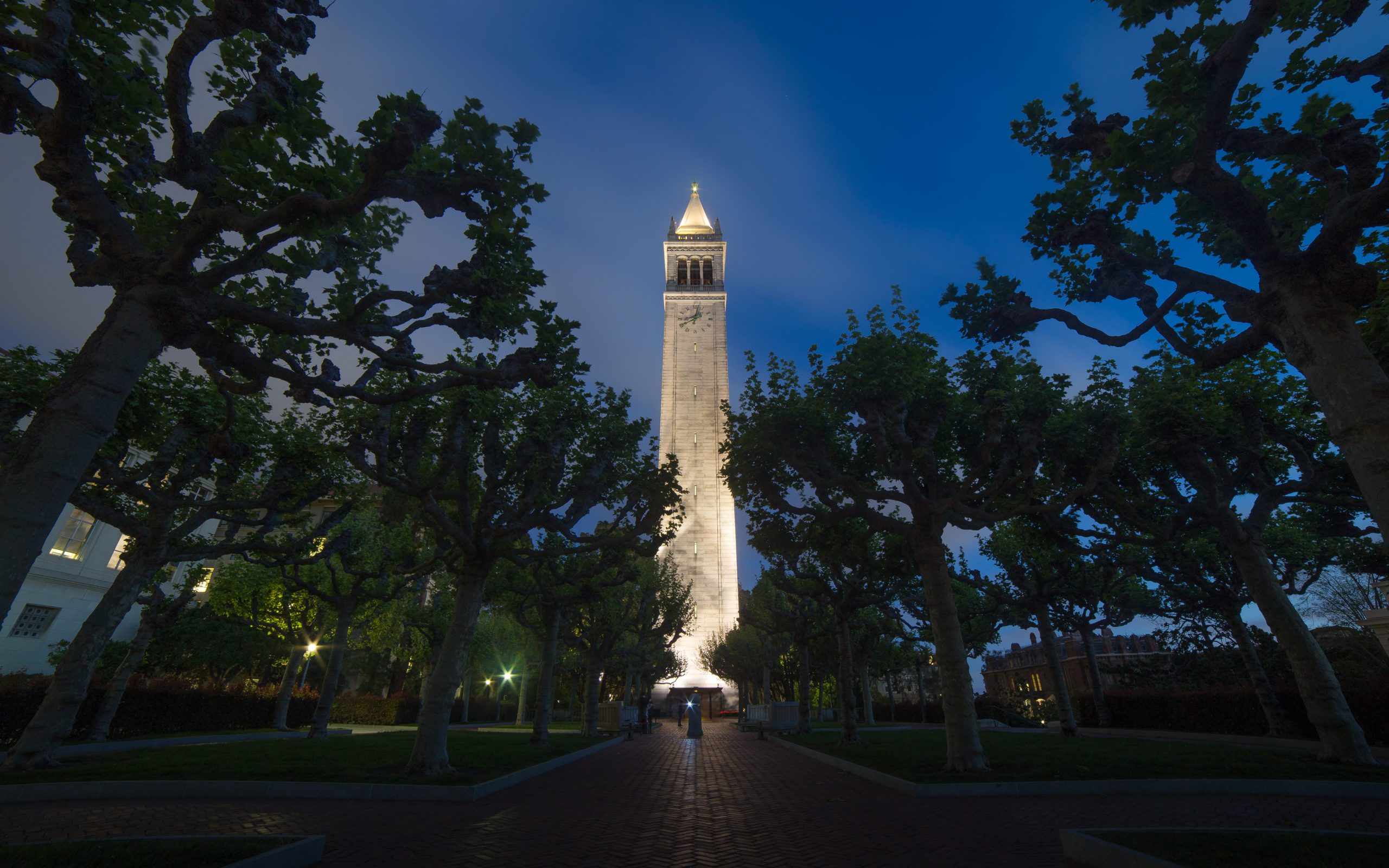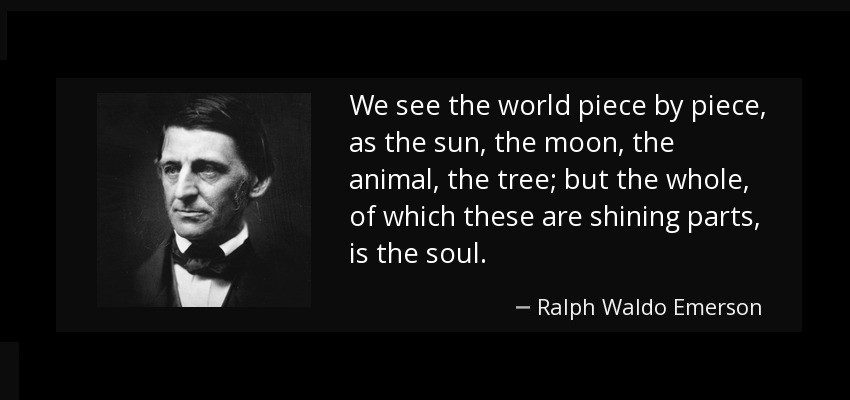Beyond Education: Activating Consumer Behavior Change
By: Christina Meinberg, Associate Director, Center for Responsible Business
Despite the fact that 2/3 of consumers believe water scarcity is a serious issue, the United Nations Development Programme reports that Americans use more water in their morning shower than the average person in the world’s poorest cities uses for an entire day. Americans know there is a problem; taking action on the issue remains the real obstacle.
Suzanne Shelton, CEO of the Shelton Group, addressed this problem at the Sustainable Brands Conference in San Diego earlier this month. Well aware of our innate tendencies to stick with our usual routines, she suggests that the goal for product marketers and change agents who care about the issue, should be to move people from automatic, rote behaviors to conscious, pro-sustainability choices.
How can we create real behavior change?
Once we have an understanding about a complex global issue – whether it’s climate change or water scarcity or escalating healthcare costs and so on – it is both tempting and understandable to assume that sharing these insights with others will cause them to match our own enthusiasm for the issues and for the actions or changes they require. The idea is simple: education and awareness = reformed consumer behavior. If only it were that straight-forward…
When The Shelton Group decided to take on the issue of water scarcity, they took a different approach. Rather than simply stating the facts to catalyze behavior change, they suggest that marketers place an emphasis on the following:
- Making the problem visual.
- Making the problem uncomfortable.
- Providing people with simple, specific actions to take to make a difference.
Bosch and Procter & Gamble, Shelton Group clients, wanted to make consumers aware that excessive use of water is equivalent to wasting water, and hence co-created a story around the concept that “wasting water is weird”.
This humorous and thought-provoking campaign – which consisted of short, memorable video clips – ran in over 120 markets, on nearly 300 TV and radio stations, and achieved 400 million impressions. As a bonus, multi-millions of dollars worth of public media were leveraged for free (equaling approximately 10x the amount that was spent on paid advertising).
Most importantly, according to Suzanne, 29% of those who saw the campaign reported that it moved them to change their water habits.
Lessons Learned
Suzanne Shelton’s take-aways from the campaign are worth passing on:
- Marketers can often make a bigger difference when they band together (in this case, several global brands partnered to provide a public service-type campaign around an issue that was material to both of their brands).
- Visualizing the issues can help move consumers beyond their “What’s in it for me?” mentality and open their minds to the question, “What’s in it for we?”.
- It’s OK to take creative risks, even when communicating complex issues (“Rip the drip” wasn’t exactly a recognized expert on water, but he got people’s attention).
Levers for Change
At the Center for Responsible Business, we believe that the model for the enterprise of the future will be shaped by innovative business leaders who recognize that behavior change must be scaled up rapidly in order to protect business longevity and avert some of the economic, social and environmental challenges we face.
The Shelton Group’s approach is unique in that it meets consumers where they are, giving them new ways of thinking about every-day behaviors (and acknowledging that behavior change is anything but a rational process).
What Approaches are Working for You?
What changes has your company tried to inspire, and what are you learning from them? Please send us your stories either by commenting here, or emailing us! The more case studies we can generate and best practices we can share as a community, the more we as a community can develop forward-thinking and innovative approaches to behavior change.


